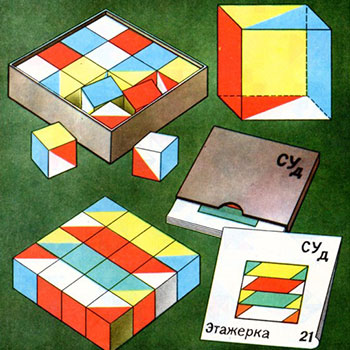A charge of #4 C# is passing through points A and B on a circuit. If the charge's electric potential changes from #27 J# to #3 J#, what is the voltage between points A and B?
1 Answer
If a charge
Let the electric potential at point
Since the charge is moving from
It is given that charge
Hence, the voltage between points
Any one who thinks that my answer is incorrect please tell me.

